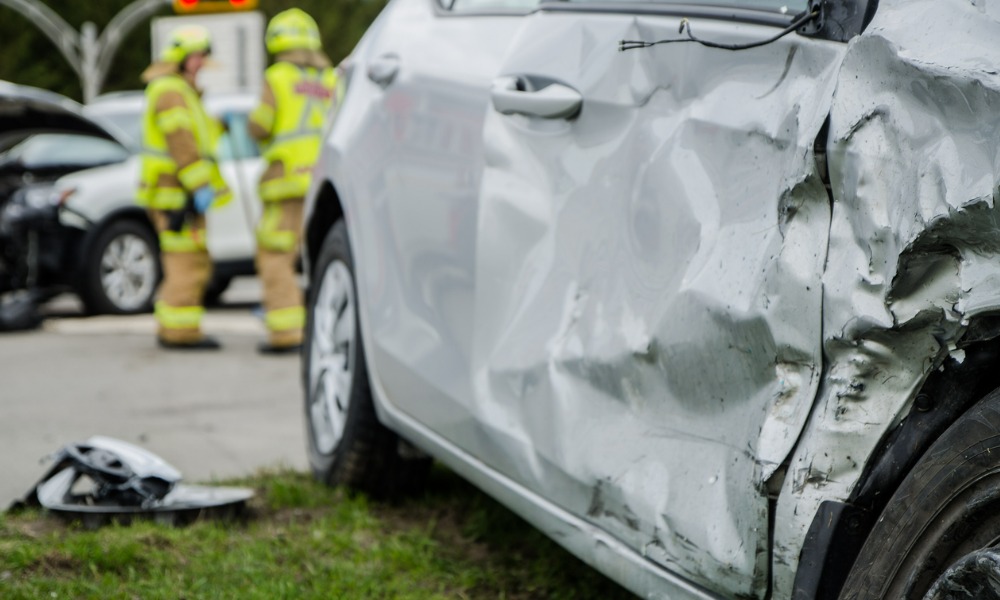
The individual plaintiff was involved in car accidents in 2016 and 2017

The BC Supreme Court has ruled that the defendants in two motor vehicle accident actions are each entitled to conduct a full examination for discovery of the individual plaintiff.
In Singh v. Shoker, 2023 BCSC 616, the defendants in a motor vehicle accident sought an order compelling the plaintiff, Ishwinder Singh, to attend an examination for discovery. Singh opposed the action. The case stemmed from two car accidents in 2016 and 2017. The issue before the BC Supreme Court was whether the defendants in the two actions were each entitled to conduct a complete examination for discovery of the individual plaintiff.
The first motor vehicle accident occurred in 2016 and is the subject of the first action. The second action arose from the car accident in 2017.
Examinations for the discovery of the plaintiff by the counsel for the defendant in the second action were scheduled in the morning of August 17, 2021, while the defendants in the first action were scheduled in the afternoon. However, the examination conducted by the defendants' counsel in the second action ran late, so the defendant's counsel in the first action was left with insufficient time for the examination. Given the limited time remaining that day, counsel for the defendants in the first action did not as further questions of the plaintiff and the parties agreed to reschedule to a later date.
The defendants' counsel made several attempts to reschedule the examination for discovery of the plaintiff, but the plaintiff's counsel suddenly took the position that the examination of the plaintiff was concluded. The plaintiff's counsel argued that there is no automatic right to a further discovery after an examination for discovery has ended and that a party seeking a further discovery bears a heavy onus to justify a further examination.
The BC Supreme Court explained that the rules clearly state that "each party must make themselves available for examinations for discovery by the parties of record to the action which is adverse in interest; not one examination, but multiple examinations if there are multiple other parties of record who are adverse in interest."
The court further said that while the defendants had a commonality of interest in the first and second actions, there was a "greater divergence of interest." The court noted that the parties disputed liability in both nations. Each response to the civil claim pleads in the alternative that the plaintiff's injuries, if any, are attributable to a previous or subsequent accident or event. In both actions, the defendants seek contribution and indemnity from the third parties and apportionment of any liability.
The court said that the rules do not provide any discretion by which the court could limit the defendants' right to examine the plaintiff. Even if it did, there was insufficient commonality of interest between the defendants in the two actions to justify restricting the defendants' right to examine the plaintiff to a single discovery. Accordingly, the court ordered the plaintiff to attend an examination for discovery by the defendants' counsel in the first action.